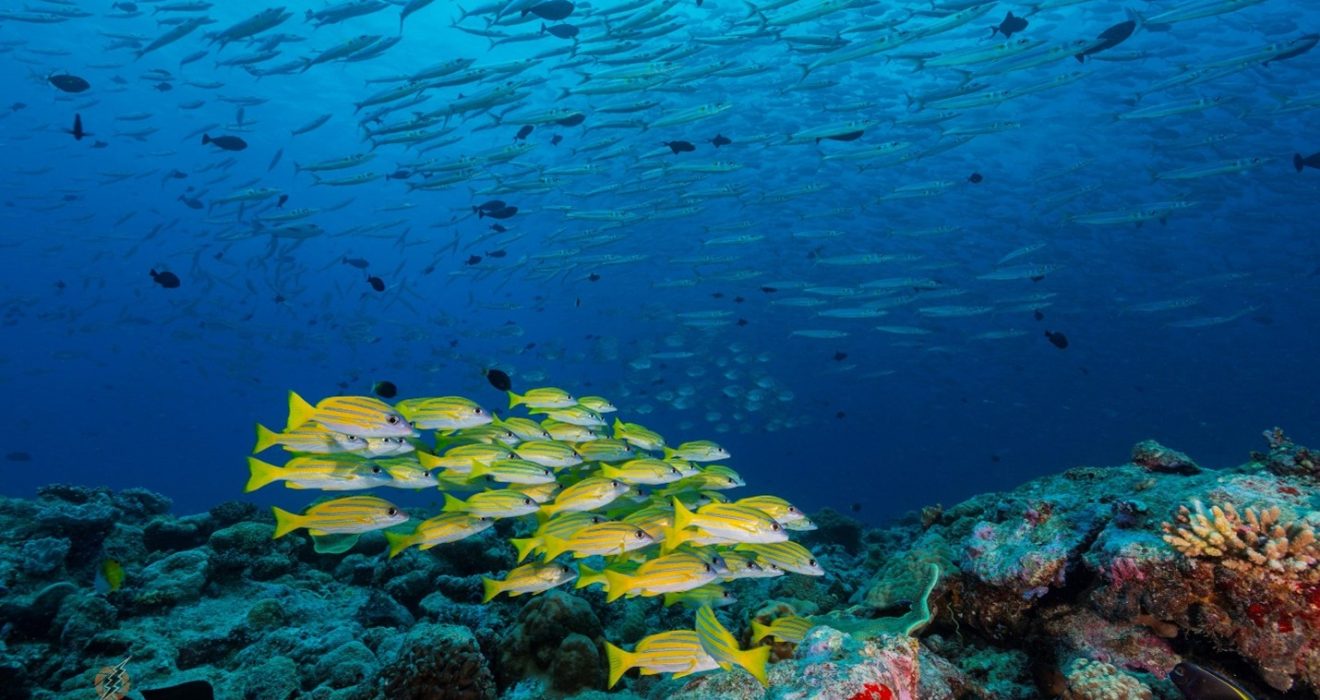Norway’s dedication to safeguarding marine biodiversity through its support for the United Nations Biodiversity of Areas Beyond National Jurisdiction (BBNJ) Treaty, commonly referred to as the High Seas Treaty, stands as a testament to its environmental stewardship. Despite facing scrutiny over its domestic policies on seabed mining, Norway remains resolute in its commitment to ratify the treaty swiftly. This unwavering stance was articulated by Norwegian state secretary Maria Varteressian during a significant event held in Brussels. The assurance of Norway’s support for the BBNJ Treaty underscores its recognition of the global imperative to protect marine ecosystems beyond national boundaries. As the international community grapples with the pressing need for sustainable ocean governance, Norway’s proactive stance signals its willingness to engage constructively in initiatives aimed at preserving marine biodiversity on a global scale. Through its steadfast support for the BBNJ Treaty, Norway reinforces its position as a responsible custodian of the oceans and underscores its determination to contribute meaningfully to the collective efforts toward environmental conservation and sustainability.
Balancing Sustainable Exploration and Environmental Concerns
As Norway navigates the delicate balance between economic development and environmental preservation, its commitment to sustainability shines through its approach to seabed mining. Despite facing criticism for opening its territorial waters to exploration for critical raw materials, the Norwegian government, represented by Varteressian, underscores sustainability as a paramount concern. By prioritizing sustainability, Norway demonstrates its acknowledgment of the ecological significance of marine ecosystems. Varteressian’s assurance that Norway will reassess its plans if initial exploration indicates unsustainable practices reflects Oslo’s proactive stance in safeguarding environmental integrity. This commitment not only underscores Norway’s dedication to responsible resource management but also reinforces its aspiration to uphold its reputation as a sustainable ocean nation. In essence, Norway’s willingness to prioritize environmental concerns in the face of economic opportunities exemplifies its commitment to striking a harmonious balance between development and conservation in its marine endeavors.
EU’s Critical Raw Materials Strategy
The European Union’s proactive stance in securing critical raw materials aligns with its broader green ambitions and geopolitical considerations. Understanding the risks posed by reliance on major suppliers such as China and Russia, the EU has strategically negotiated the Critical Raw Materials Act and engaged in bilateral partnerships to diversify its sources. The forthcoming memorandum of understanding with Norway further exemplifies the EU’s commitment to ensuring a stable and sustainable supply of essential resources. By pursuing such partnerships, the EU reinforces its strategic approach to raw materials supply, mitigating risks and bolstering its resilience in achieving its green objectives.
Concerns and Calls for Moratorium
The growing chorus of concerns surrounding seabed mining has resonated strongly within the European Parliament (MEPs) and across various EU member states. Critics, including MEPs, have articulated apprehensions regarding the potential environmental ramifications of this activity. This sentiment culminated in the European Parliament’s adoption of a resolution expressing unease specifically about Norway’s decision to open its Arctic continental shelf to commercial exploration. Moreover, a coalition of EU member states, comprising France, Germany, Spain, and Sweden, among others, have echoed these concerns by advocating for a moratorium or ‘precautionary pause’ on deep-sea mining. These calls underscore a shared recognition of the need for heightened scrutiny and careful consideration of the environmental impacts associated with seabed mining, reflecting a broader trend towards increased international oversight of this practice.
Pragmatism in Green Transition
In navigating the transition towards clean energy technologies amidst escalating global demand for critical raw materials, Norway champions pragmatism as a guiding principle. Norwegian officials acknowledge the multifaceted challenges inherent in this green transition and advocate for transparent discussions concerning the indispensable components vital to the value chains underpinning this evolution. Despite facing criticisms and concerns regarding its domestic policies on seabed mining, Norway remains steadfast in its assertion of the imperative to explore untapped resources. This commitment underscores Oslo’s unwavering dedication to sustainable development, emphasizing the need to strike a delicate balance between economic growth and environmental preservation. By advocating for a pragmatic approach, Norway aims to foster constructive dialogue and collaboration aimed at addressing the complexities of the green transition while ensuring the responsible utilization of natural resources for the collective benefit of present and future generations.
Conclusion
Norway’s approach to seabed mining exemplifies a nuanced balancing act between economic imperatives and environmental stewardship. Despite facing scrutiny for its domestic policies, Oslo remains steadfast in its commitment to supporting global initiatives aimed at safeguarding marine biodiversity. The European Union’s collaboration with Norway underscores the strategic significance of securing critical raw materials to fuel its green aspirations. Nevertheless, the ongoing debate surrounding the environmental consequences of seabed mining underscores the imperative for transparent discourse and the adoption of sustainable practices. As nations grapple with the complexities of transitioning towards a greener future, it becomes increasingly evident that collaborative efforts, informed by scientific insights and guided by principles of environmental sustainability, are essential. Through continued dialogue and concerted action, stakeholders can work towards reconciling competing interests and forging a path towards a more sustainable and equitable future for all.

